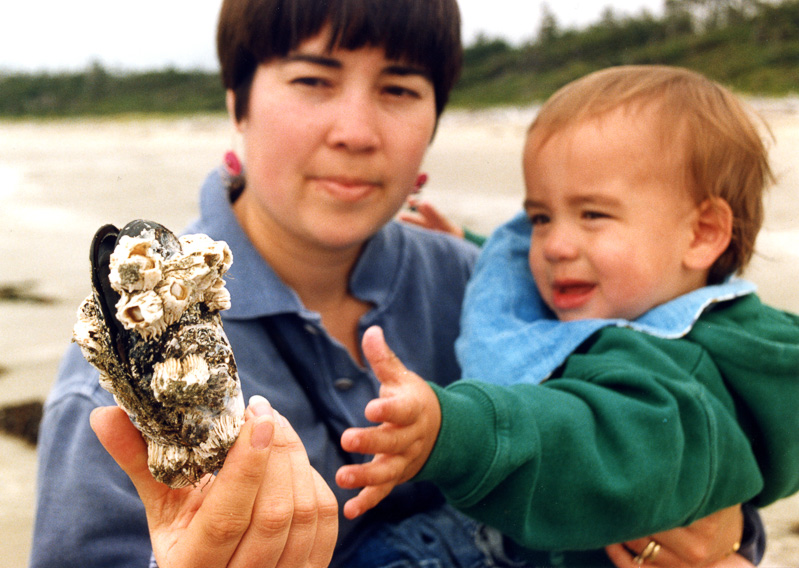The first time I read Sons and Lovers, I was the same age as Paul Morel, the main character of D. H. Lawrence’s classic novel. The chief difference between me and my fictional nemesis is that Paul Morel was carrying on with the married Clara Dawes and I was carrying on with … well … a reading list for an undergrad degree in English literature. He seemed to be having more fun than me.
Now, more than twice the age of Paul Morel, I revisit Sons and Lovers and am amazed at how little of it I understood the first time around. Simply put, I was immature. I had no point of reference to measure the experience of a young man running between rival lovers with an emotionally clingy mother and brutal father in the background. Part of my cluelessness may be cultural. Written nearly a hundred years ago and set in Nottinghamshire, the novel’s context treats youth as a short gap between childhood and adult life. Even today, adulthood in the U.K. begins earlier than in North America. So there I was, in my protracted adolescence, trying to understand the emotional struggles of a grown man.
This time around, my immediate response is regret for the time wasted on an earlier reading experience. I couldn’t possibly have understood the book when I was an undergrad. My time would have been better spent reading … oh, I don’t know. How about The Great Gatsby? Nick Carraway seems immature enough that I could have switched places with him and no one would have noticed. I would have made the ideal naive narrator who is led along by the more experienced protagonist.
Then I pause and think about a similar (non-fictional) scenario: traveling with children. When our son was 18 months old, we took him on holidays to Vancouver Island. He wore a bib and drooled a lot. He smiled, spoke a handful of words, laughed, cried, pooped. Most of the time he sat in a stroller, though he got out to run through the water in Pacific Rim National Park. When we took our son with us, there were detractors who thought it was a waste of money to take an infant on holidays. They said we did it, not for his benefit, but to ward off separation anxiety; realistically, our son would get nothing from the experience; we ought to wait until he was old enough to understand the experience.
I’ve always been of the view that no experience is wasted on a child. Even if he can’t understand the experience, even if he can’t articulate how he feels about the experience, it still contributes to his growth. There is no line we can draw between wasted experience and a full adult awareness. The transition to an engaged consciousness happens by fine gradations. On the logic of our detractors, we could say something similar about people with cognitive handicaps: below a certain IQ, people should be warehoused and offered no stimulation at all. Or if we apply that logic to reading, undergraduates shouldn’t bother to read until they prove they can do it with maturity.
In fairness to my younger self, even though I didn’t understand Paul Morel and Sons and Lovers, nevertheless, that experience contributed to my growth as a reader, enabling me to encounter other texts with a smidgen more reading savvy. It was part of my continuing journey along a particular path of experience. With every new book I read, I interpret it through the experience of all the previous books I’ve read, all the living I’ve done, all the conversations I’ve had and, in the case of a novel like Sons and Lovers, all the loving I’ve done.
When it comes to reading and living, there are still times when I feel like an idiot, but hopefully I’m less of an idiot than I used to be, or at least a different kind of idiot. Maybe the kind who hides his idiocy better that he used to.

